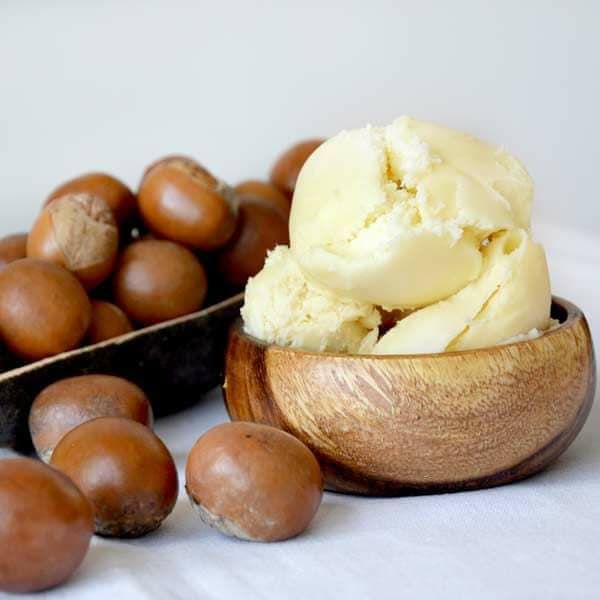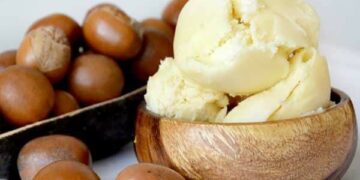
Nigeria’s ambitious plan to ban the export of raw shea nuts in a bid to boost its domestic shea butter and skincare industry is reshaping one of the country’s most valuable agricultural sectors — but not without controversy.
A video report from Beji, Niger State, captures the ripple effects of the government’s six-month ban, introduced as part of a broader “pro-value addition” strategy aimed at transforming Nigeria from a supplier of raw materials into a global player in high-value shea products.
Nigeria currently provides around 40% of the world’s shea nut supply, yet accounts for just 1% of the global shea product market — a sector worth an estimated $6.5 billion. Officials believe that processing shea locally into butter and finished products such as cosmetics, pharmaceuticals, and confectionery ingredients could add up to $3 billion to the economy within two years.
The video also offers a rare, inside look at the traditional refinement process. Local processor Jummai Shekarau walks viewers through the stages — from washing, crushing, and milling the nuts into a paste, to kneading and boiling the mixture to extract and clarify the rich shea butter oil.
As Nigeria positions itself for a bigger slice of the lucrative global shea market, the challenge now will be balancing long-term growth ambitions with the immediate needs of the farmers and communities who form the backbone of the industry.
View the full video report below;
[This current affairs report item is provided as part of Broadcast Media Africa (BMA)’s mandate to keep Africa’s broadcast media audiences and stakeholders informed on international developments in local and global humanitarian and public service broadcasting.]


















